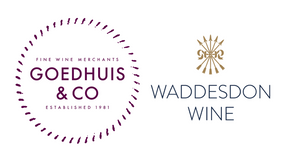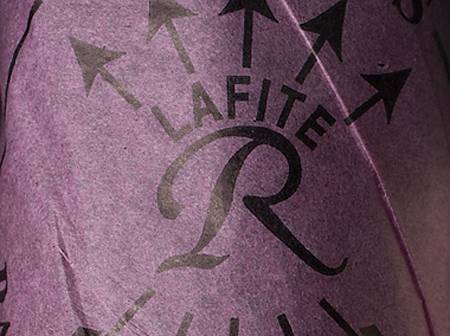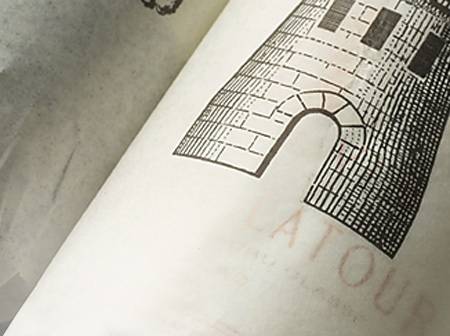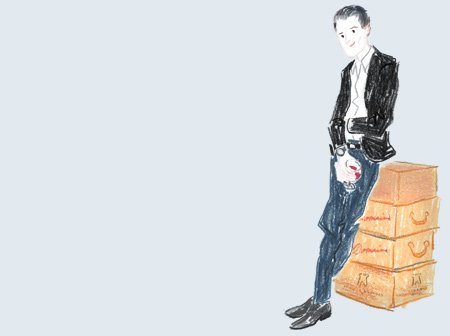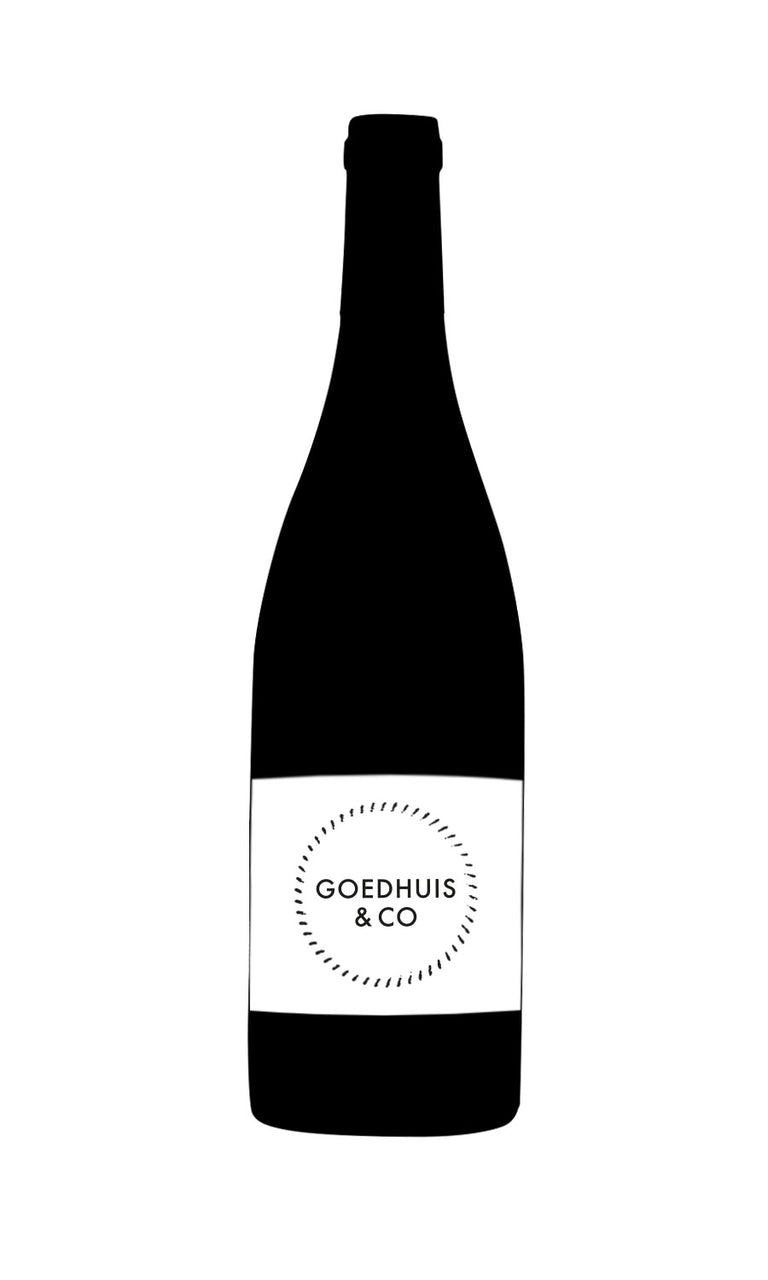
- Colour White
- Producer Emrich Schonleber
- Region Nahe
- Drinking 2021 - 2040
- Case size 6x75cl
- Available Now
2018 - Monzinger Halenberg Riesling Spatlese Emrich Schonleber - 6x75cl
- Colour White
- Producer Emrich Schonleber
- Region Nahe
- Drinking 2021 - 2040
- Case size 6x75cl
- Available Now
Select pricing type
Need help? Call +44 (0)20 7793 7900 or email wine@goedhuiswaddesdon.com.
-
David Schildknecht, September 2019, Score: 93
Lightly poached pear and white peach gain a welcome bit of brightness from fresh lime, so that an effusively ripe and soothingly creamy Riesling still delivers animation and refreshment. At the same time, there is a sense of lift and delicacy here that goes beyond what was exhibited by this year’s Kabinett, and which perfectly fits the floral perfume that wafts through this wine’s entire performance. A bittersweet hint of cassis and subtle piquancy of fruit pit add counterpoint to the complexly layered, bell-clear finish. The grapes for this came in during the first days of October. Picking under the right conditions for Spätlese was just as challenging this year as picking for Kabinett, opined Schönleber, who admitted to having simply “missed the window” for doing so in the Frühlingsplätzchen. “More and more,” he said, noting the irony, “Spätlese is going to signify anything but ‘late-harvest.’” Drink 2020-2042.
Producer
Emrich Schonleber
In the western fringes of the breathtaking Nahe Valley, in the village of Monzingen, sits the mighty Weingut Emrich-Schönleber. Schönleber is one of the top names in the Nahe and, much like Donnhoff, the focus is on single vineyard wines. The family has been making wine since the 1960s and their 19 hectares of vines are rooted in the precious quartzite and slate soils that define the Nahe. Sheltered by the Soonwald forest in the north and blessed with abundant sunshine, thanks to the dizzyingly steep southwest facing slopes, this terroir is the stuff that Riesling dreams are made. Pure, clear-cut, and profoundly mineral, the wines shine in their purity. Winemaker Frank Schönleber took over from his father in 2018 but has been working at the estate since 2005. The emphasis is on meticulous attention to detail in the vineyard and Frank carries out spontaneous fermentation in old oak casks, along with ageing in steel vats. The Halenburg is the smallest vineyard in the village of Monzingen and a jewel in the Schönleber crown. Precipitous, the 70% gradient makes tending to this vineyard a labour of love, but the results generate a Riesling of such finely wrought structure and mineral saltiness that have immense ageing potential. The Monzinger Riesling Trocken Fruhtau from the cool, precise 2016 vintage is a hidden gem. German labelling laws do not allow you to denote the name of a vineyard on a second wine that you make from a Grosses Gewächs vineyard. Cleverly labelled Frühtau (morning dew), this ‘village wine’ is actually the second wine from the Grosse Lage Frühlingsplätzchen, made from the younger vines. A great insider’s tip!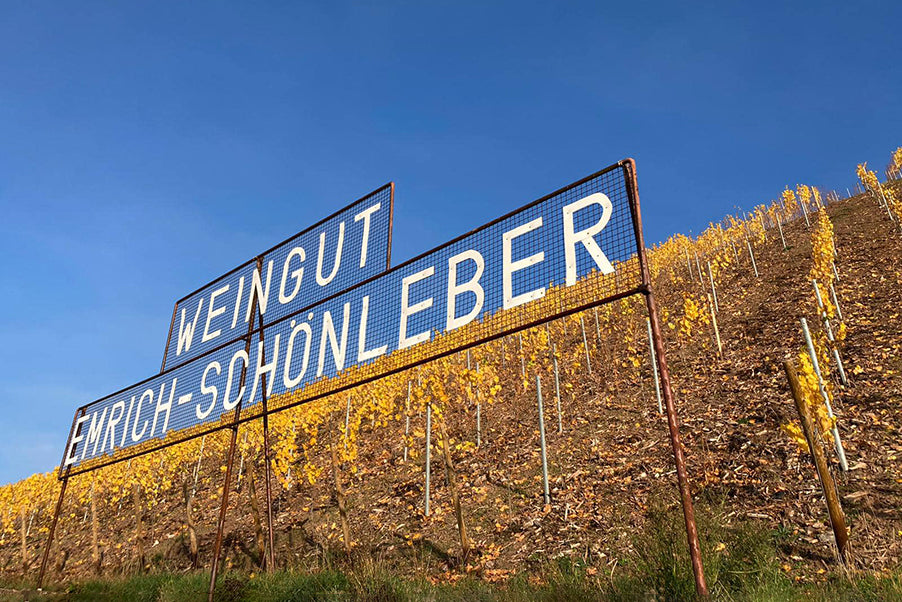
Region
Nahe
Nahe is located to the south east of the Mosel. Its climate unexpectedly evokes the Mediterranean, and its slate soils are comparable to the Mosel with the addition of clay, though not as steep. The combination of these two elements seems to give the best of both worlds - the focus and minerality of the Mosel as well as the fleshy fruit of Germany's warmer regions.
